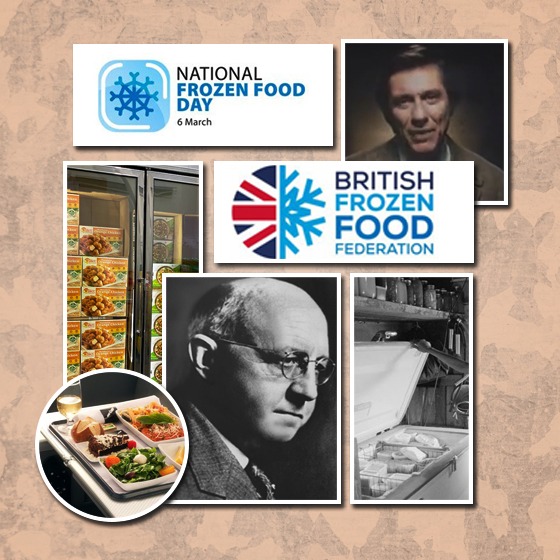
Sankalp is the pioneer in introducing and marketing frozen Indian main course items in India. That too with complete food solution for North Indian & South Indian main course.

17th Floor, Sankalp Square-III,
Near Taj Skyline, Sindhubhavan Road,
Ahmedabad-380058,
Gujarat, India
17th Floor, Sankalp Square-III,
Near Taj Skyline, Sindhubhavan Road,
Ahmedabad-380058,
Gujarat, India
©2023-Designed & Developed By InDeft Technology Solutions Private Limited. All Rights Reserved.